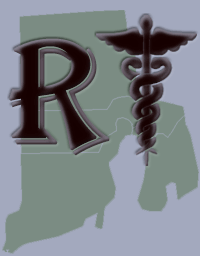Rhode Island law providing safe access to medical marijuana marks national trend in state regulation
June 23, 2024Commentary by Jesse Stout
http://jurist.law.pitt.edu/hotline/2009/06/rhode-island-law-providing-safe-access.php
Jesse Stout [Board of Directors member, Rhode Island Patient Advocacy Coalition]: "When the Rhode Island Medical Marijuana Act became law in January 2006, seriously ill patients started calling the Rhode Island Patient Advocacy Coalition (RIPAC) to ask, "Where do I get my medicine?" There was no good answer: they could grow it themselves, unless they were too sick; they could appoint a caregiver, unless they couldn't find anyone reliable. This forced some of our most vulnerable citizens to try to buy their medicine on the black market, where some were robbed or even beaten.
To address this supply problem in the Medical Marijuana Program, in June 2009 the Rhode Island General Assembly passed an amendment allowing non-profit compassion centers. Under the new law, non-profit organizations can apply to the Department of Health for a compassion center license. This will authorize them to grow and distribute medical marijuana for an unlimited number of patients. The Department will license a first compassion center in 2010, and two more in 2011, for a statewide total of three.
Supply is a problem in most of the 13 states with medical marijuana laws; New Mexico is the only other state that explicitly licensed medical marijuana distributors. However, given the federal government's inaction on this issue, state regulation of medical marijuana distribution is poised to become a national trend. As of this writing, Delaware, Illinois, Iowa, Pennsylvania, New Hampshire, New Jersey, New York, and North Carolina are all considering new medical marijuana legislation that would regulate distribution, and the New Hampshire bill even calls for "compassion centers" by name. More and more states will recognize pharmacy-like establishments to provide medical marijuana to patients until the federal government steps in to address the issue of safe access."
